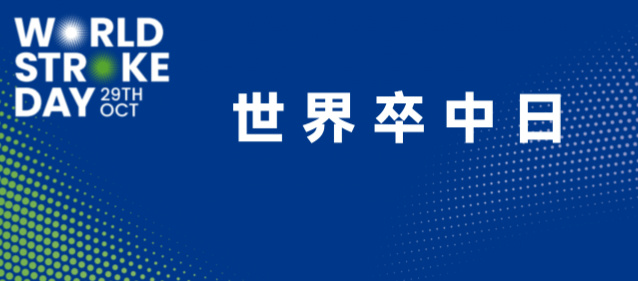溜溜球瘦身和患癌没关系
近日,一项刊登于国际杂志the American Journal of Epidemiology上的研究论文中,来自美国癌症协会的研究人员通过研究指出,溜溜球瘦身或许和个体总体的癌症风险增加并无关联,溜溜球瘦身是指减肥者采用过度节食的方法而导致身体出现迅速减重又迅速反弹的情况。

近日,一项刊登于国际杂志the American Journal of Epidemiology上的研究论文中,来自美国癌症协会的研究人员通过研究指出,溜溜球瘦身或许和个体总体的癌症风险增加并无关联,溜溜球瘦身是指减肥者采用过度节食的方法而导致身体出现迅速减重又迅速反弹的情况。
研究者表示,在考虑了体重指数和其它因素的情况下,体重循环和男性或女性总体的癌症风险并无关联,同时体重循环也与任何个体的癌症调查也并无关联;想要尽力减肥的个体应当被鼓励减肥,尽管他们身上的“肉”会再回归到他们身上。几乎一半的美国成年人都会竭尽全力去减肥,但大多数的体重减轻并不会维持住,而体重循环却表现得非常常见。
此前对动物和人类机体进行研究就表明,体重循环或许会影响引发癌症的生物学过程,比如增加T细胞的积累,增强脂肪组织的炎性反应,以及减少自然杀伤T细胞的毒性,然而很多研究都不能被复制,至少有两项研究都发现体重循环和癌症并无关联。在这项最新研究中,Victoria Stevens博士表示,我们对癌症预防研究II期队列人群中超过13.2万的男性和女性进行研究,检查了体重循环和癌症发病之间的关系,癌症预防队列研究开始于1992年/1993年,营养队列研究人群中收集了来自50岁至74岁所有参与者的详细饮食信息,这对于研究饮食效应及癌症发生率和死亡率将会是巨大的财富。
研究者观察了体重循环和所有癌症及15种单一癌症发生率之间的关系,在研究的17年间,有超过2.5万参与者都患上了癌症。对于那些正在同减肥作斗争的数百万美国人而言,他们需要担心的是是否减下去的肉回再回来,他们或许会担心这会增加患癌的风险,但本文研究表明,溜溜球式的瘦身方式并不会增加个体的患癌风险。

doi:10.1093/aje/kwv073
PMC:
PMID:
Weight Cycling and Cancer Incidence in a Large Prospective US Cohort
Victoria L. Stevens*, Eric J. Jacobs, Alpa V. Patel, Juzhong Sun, Marjorie L. McCullough, Peter T. Campbell and Susan M. Gapstur
Weight cycling, which consists of repeated cycles of intentional weight loss and regain, is common among individuals who try to lose weight. Some evidence suggests that weight cycling may affect biological processes that could contribute to carcinogenesis, but whether it is associated with cancer risk is unclear. Using 62,792 men and 69,520 women enrolled in the Cancer Prevention Study II Nutrition Cohort in 1992, we examined the association between weight cycling and cancer incidence. Weight cycles were defined by using baseline questions that asked the number of times ≥10 pounds (4.54 kg) was purposely lost and later regained. Multivariable-adjusted hazard ratios and 95% confidence intervals for all cancer and 15 individual cancers were estimated by using Cox proportional hazards regression. During up to 17 years of follow-up, 15,333 men and 9,984 women developed cancer. Weight cycling was not associated with overall risk of cancer in men (hazard ratio = 0.96, 95% confidence interval: 0.83, 1.11 for ≥20 cycles vs. no weight cycles) or women (hazard ratio = 0.96, 95% confidence interval: 0.86, 1.08) in models that adjusted for body mass index and other covariates. Weight cycling was also not associated with any individual cancer investigated. These results suggest that weight cycling, independent of body weight, is unlikely to influence subsequent cancer risk.



.jpg)


